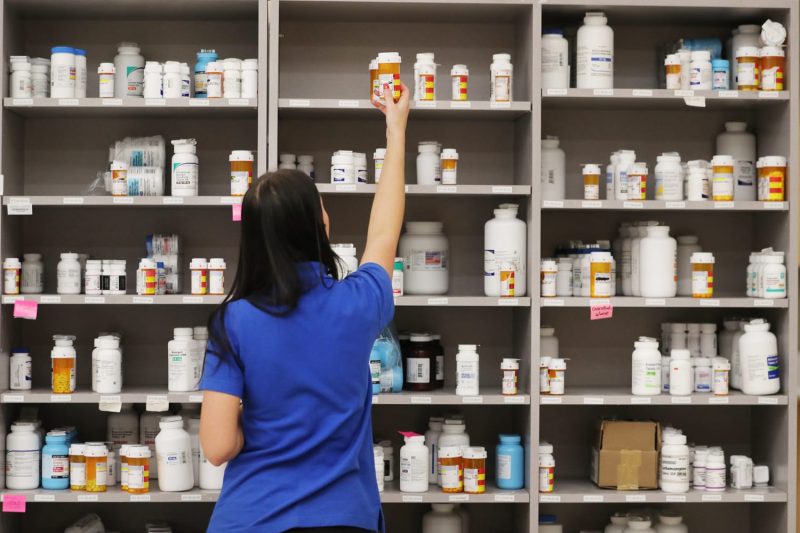The Biden Administration’s recent decision to implement inflation penalties on drugmakers in order to lower costs for 64 specific drugs has sparked both praise and criticism within the healthcare industry. This new approach seeks to address the ongoing issue of rising prescription drug prices by utilizing inflation penalties as a tool to curb excessive price increases. Let’s delve into the implications of this policy shift and analyze its potential impact on various stakeholders.
One of the key objectives behind the administration’s strategy is to make prescription medications more affordable for American consumers. By imposing penalties on drugmakers that raise prices beyond the rate of inflation, the government aims to incentivize manufacturers to keep their pricing in check. This, in turn, could lead to reduced out-of-pocket expenses for patients and ease the financial burden associated with managing chronic conditions or illnesses that require ongoing medication.
Proponents of this approach argue that it will provide much-needed relief to individuals who struggle to afford essential medications. Lowering drug costs could result in improved medication adherence, ultimately leading to better health outcomes for patients. Additionally, by targeting specific drugs that have experienced significant price hikes, the policy demonstrates a targeted and proactive approach to addressing price gouging within the pharmaceutical industry.
However, critics of the inflation penalties raise valid concerns about the potential unintended consequences of this regulatory measure. Some argue that penalizing drugmakers may stifle innovation and discourage investment in research and development of new medications. If manufacturers perceive increased regulatory risks in pricing their products, they may be less inclined to develop innovative treatments for complex diseases or rare conditions.
Moreover, there is skepticism about whether the inflation penalties will effectively address the root causes of escalating drug prices in the long term. Critics point out that pharmaceutical companies often justify price increases based on research and development costs, regulatory requirements, and market dynamics. While curbing excessive price hikes is a step in the right direction, a more holistic approach to healthcare reform may be required to address the structural issues contributing to high drug prices.
In conclusion, the Biden Administration’s decision to use inflation penalties as a mechanism for reducing drug costs reflects a commitment to making healthcare more accessible and affordable for Americans. While the policy has the potential to benefit consumers by curbing price increases and improving affordability, its impact on innovation and long-term sustainability in the pharmaceutical industry remains a point of contention. Moving forward, a balanced approach that balances affordability with incentives for innovation may be necessary to achieve lasting solutions to the complex challenge of rising prescription drug prices.


























